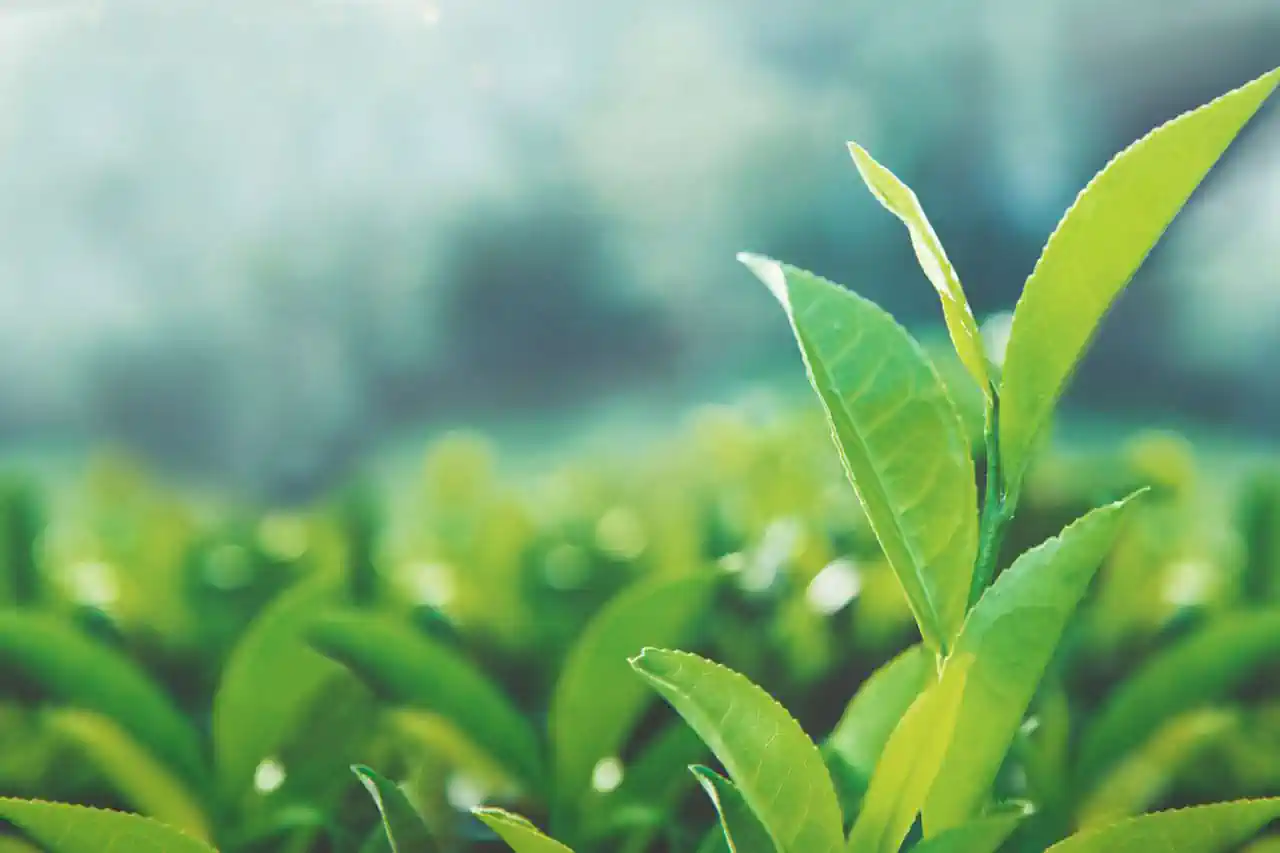Green tea has long been celebrated for its numerous health benefits, from promoting weight loss to reducing the risk of chronic diseases. However, one common question that arises is whether green tea contains caffeine. The relationship between green tea and caffeine is a topic of interest for many, and understanding the reality behind it is essential. In this article, we will explore the caffeine content in green tea and its potential effects on health.
The Caffeine Content in Green Tea
Yes, green tea does contain caffeine, albeit in smaller quantities compared to coffee and some other caffeinated beverages. The caffeine content in green tea can vary depending on several factors, including the type of tea, its processing, and brewing methods. On average, an 8-ounce (240 ml) cup of green tea contains approximately 20-45 milligrams of caffeine, which is significantly lower than the roughly 95 milligrams found in the same-sized cup of brewed coffee.
Variations in Caffeine Levels
The caffeine content in green tea can vary among different tea varieties. For example, matcha, a finely ground green tea powder, tends to have higher caffeine levels compared to loose-leaf green tea or tea bags. This is because when you consume matcha, you are ingesting the entire tea leaf, whereas with other green teas, you are steeping the leaves, which results in a lower caffeine concentration.
Factors Affecting Caffeine Levels in Green Tea:
- Tea Type: The type of green tea can greatly affect its caffeine content. For example, sencha and gyokuro tend to have lower caffeine levels compared to bancha and matcha.
- Brewing Time: The longer you steep your green tea, the more caffeine it will release into the water. Steeping green tea for 2-3 minutes will result in a lower caffeine content compared to steeping it for 5 minutes or more.
- Water Temperature: Using boiling water to brew green tea can also extract more caffeine. Opting for slightly cooler water (around 175-185°F or 80-85°C) can help reduce caffeine extraction.
Health Implications of Caffeine in Green Tea
Green tea’s caffeine content, while lower than that of coffee, can still have several health implications:
- Alertness: Caffeine in green tea can provide a mild boost in alertness and concentration without the jittery side effects often associated with coffee.
- Antioxidants: Green tea is rich in antioxidants called catechins, which may counteract some of the negative effects of caffeine, such as anxiety and increased heart rate.
- Weight Management: Caffeine in green tea may contribute to its reputation as a weight loss aid by boosting metabolism and fat oxidation.
- L-Theanine: Green tea also contains the amino acid L-theanine, which can have calming and relaxing effects that counteract caffeine’s stimulating properties.
- Sensitivity: Individuals vary in their sensitivity to caffeine. Some people may experience adverse effects like insomnia, nervousness, or an upset stomach even with the relatively low caffeine content in green tea.
In summary, green tea does contain caffeine, but the amount varies depending on several factors. While it contains less caffeine than coffee, it can still provide a mild energy boost and a range of potential health benefits, thanks to its unique combination of caffeine, antioxidants, and L-theanine. If you are sensitive to caffeine or trying to limit your intake, choosing green tea varieties with lower caffeine content or adjusting your brewing methods can help you enjoy the health benefits of green tea without excessive caffeine consumption.

